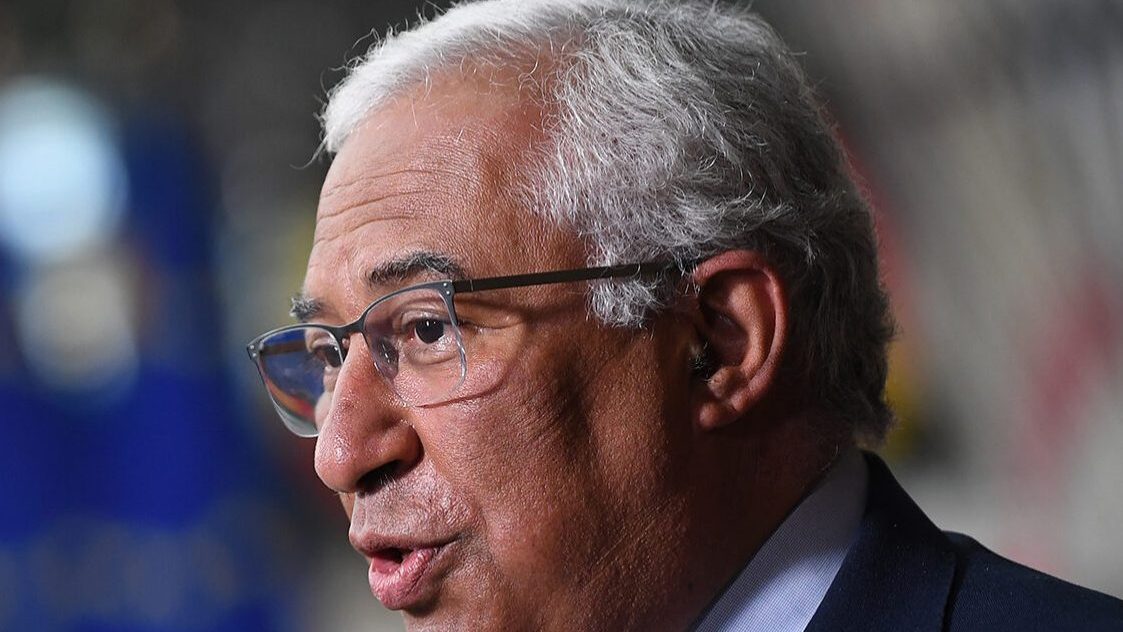€1 Recovery, Resilience Plan support will result in €5.3 GDP increase
António Costa was quoting the study on the impact of the RRP funds on GDP made by the ministry of finance's office for studies and international relations (GPEARI).
Portugal’s prime minister on Wednesday revealed that, according to a study by the finance ministry, “each euro of the Recovery and Resilience Plan will translate into a 5.3 euro increase in Gross Domestic Product” (GDP).
António Costa was quoting the study on the impact of the RRP funds on GDP made by the ministry of finance’s office for studies and international relations (GPEARI).
The head of the executive was speaking at the former Royal Riding Arena, in Lisbon, at the beginning of a report on the implementation of the Recovery and Resilience Plan (RRP) made by the government to the president of the country, which was also attended by the minister of the presidency, Mariana Vieira da Silva.
Costa referred to these data to highlight that the RRP has “an economic impact that far exceeds the €16.6 million already allocated”, namely through the “leverage effect it has on investment”.
“In the Mobilising Agendas programme alone, which is perhaps the most challenging (…), the three billion euros of support from the RRP, corresponds to 7.7 billion euros of investment, particularly by companies,” he stressed.
On the other hand, the prime minister also added that the RRP has a “very significant impact on the volume of business”.
“Just within the scope of these Mobilisation Agendas, the set of consortiums intends to produce an additional 2,000 products, services or patents, with an increase in annual turnover of 8.8 billion euros, and this means that this multiplier effect for the coming years of the RRP will be very strong in the Portuguese economy,” he said.
Earlier, the prime minister said that it was “very likely” that Portugal would resort to more Recovery and Resilience Plan (RRP) funds due to inflation, to enable social solidarity institutions and local authorities to “cover their costs”.
“Depending on inflation trends, it is very likely that we will resort to unused funds from the RRP to allow us to cover costs, particularly with the IPSS (Private Institutions for Social Solidarity) or the local councils, which are trying to contract today at a higher price than was initially planned,” he said.



